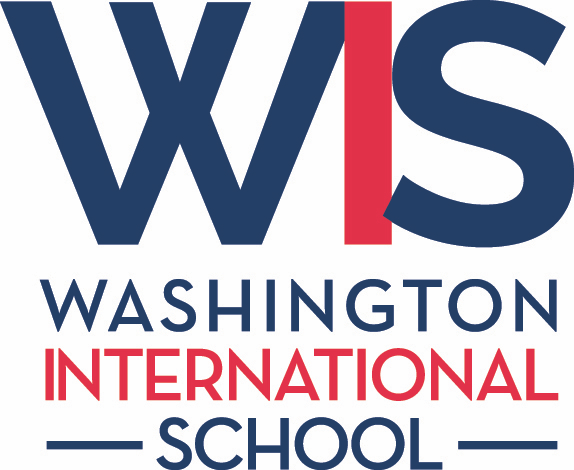Project Zero in 2017 celebrates its “golden” anniversary. To commemorate the occasion, the world-renowned research group convened an austere group of current and former PZ researchers, educators from around the globe, and other leaders in education and philanthropy for a weekend symposium at the Harvard University Graduate School of Education, October 13-14.
Among DC educators in attendance were Clayton Lewis and Jim Reese from Washington International School; Elise Heil and Kristen Kullberg of Sacred Heart School; Cynthia Robinson-Rivers of Van Ness Elementary School; and Nathalie Ryan of the National Gallery of Art.
Below are remarks given by Jim Reese, Director of the Collaborative, at the opening plenary session on Saturday, October 14:
I came to the Project Zero party 30 years late, in 1997, when a consortium of international schools in northern Europe engaged PZ researchers in an initiative on the Teaching for Understanding framework. I was in my first decade as a high school English teacher, working at the International School of Brussels, with great passion for teaching literature, with an immodest amount of confidence in my teaching ability, and consequently with a somewhat skeptical eye cast toward claims that a new pedagogical framework could help me become a more effective teacher.
For two years I remained on the periphery of this initiative, but in the summer of 1999, I took the plunge and attended a TfU workshop here at Harvard. During that week of intense learning I can’t say I reached a particular turning point or breakthrough, yet I do recall vividly the generosity of the three leaders of the workshop—Lois Hetland, Ron Ritchhart and Steve Seidel—in the way they remained patient with me, the way they ever so gently kept challenging my thinking and assumptions, and their frequent checking in with me once I returned to Brussels to see if any of the ideas had taken hold.
They provided a model of mentoring to me that to this day I consider the gold standard.
By the way, I did eventually reach a turning point in the ensuing months of exploring the TfU framework in my practice, and I’ve continued to be profoundly influenced by it to this day.
That generosity of Lois, Ron and Steve is something I came to experience over and over again at Project Zero as my involvement in various projects deepened.
Through my work with the Project Zero Classroom summer institute and the Project Zero Perspectives off-site conferences, I’ve become quite interested in the journey of educators who engage with PZ ideas and then attempt to put them into place in their contexts—whether in a school, a museum or another site of learning. In fact, a decade ago I completed my doctoral dissertation on this very topic, applied to beginning teachers. I’ll call this phenomenon the development of the PZ mindset.
For it’s not uncommon to find an educator who feels liberated when coming into contact with these ideas for the first time. Or a teacher who cleverly adapts a PZ tool to her particular context. The administrator who sees the power of these ideas to transform practice and champions them.
The challenge for PZ and for any research initiative that aims to not only strengthen but sustain teaching and learning practices is that without careful nurturing and coaching, the practices can easily fall by the wayside. That question—of how to build the infrastructure, the nurturing and coaching—once the PZ Classroom or PZ Perspectives conference has ended, has kept me up many a night.
But a little over five years ago some colleagues and I in Washington, DC, stumbled into a venture we now call DC-Project Zero, or DC-PZ, which began with 40 people from the DC area meeting after hours here at HGSE during the PZ Classroom. We decided to try to get together from time to time to share stories from our practice and hold one another accountable for keeping PZ ideas alive.
That group now comprises over 1600 local educators. We have our own popular regional week-long summer institute, heading into its fifth year. We hold various free high-quality professional development events throughout the academic year. And we are involved in managing or supporting three major research endeavors across DC, with a couple more on the horizon for later this year.
I must pay tribute to Clayton Lewis, the head of Washington International School, where I work, who has been a tireless champion of PZ and who has led our school to become a “playground” for PZ ideas. Clayton will be retiring next summer and will be sorely missed. We are very fortunate, though, that his successor will be Suzanna Jemsby, who is also a tireless PZ champion. Suzanna, former PZ Director Shari Tishman and I were partners-in-crime back in 2009 when we cooked up the idea of off-site conferences.
While I am deeply proud of all we have accomplished with DC-PZ, two features especially important to me are: 1) we are the only truly cross-sector educational network in the DC area, meaning we have among our active membership scores of educators from in-system public schools, public charter schools, religious schools and independent schools, as well as from museums, early learning centers and other educational organizations; and 2) we have a highly diverse set of workshop leaders and attendees who participate in our events because of a commitment to doing what’s best by their students and who have rejected wrong-headed local and national education policies that privilege a standardized test score over a child’s well being.
Furthermore, we’ve inspired groups like ours to form in other cities around the country and the globe. We also have helped form two spin-off groups in our area, one that started last year, DC-PZ-EC (Early Childhood), and one that kicks off in the coming week, NOVA*PZ, supporting educators in Northern Virginia.
It is no exaggeration to say that educators are hungry for what PZ has to offer. These groups like ours are finding ways to make PZ-related professional development accessible and affordable to all. This is especially important for cash-strapped schools.
I never thought I’d say it, but educating young people to think deeply, to wrestle with complex issues, and to consider a variety of perspectives before building an argument or an interpretation feels in 2017 like a supremely political act.
And on that happy note, I’ll end by saying that, now more than ever, we need PZ in the world. Thank you for all you’ve done for me for the past 20 years, Project Zero, and happy 50th birthday!


